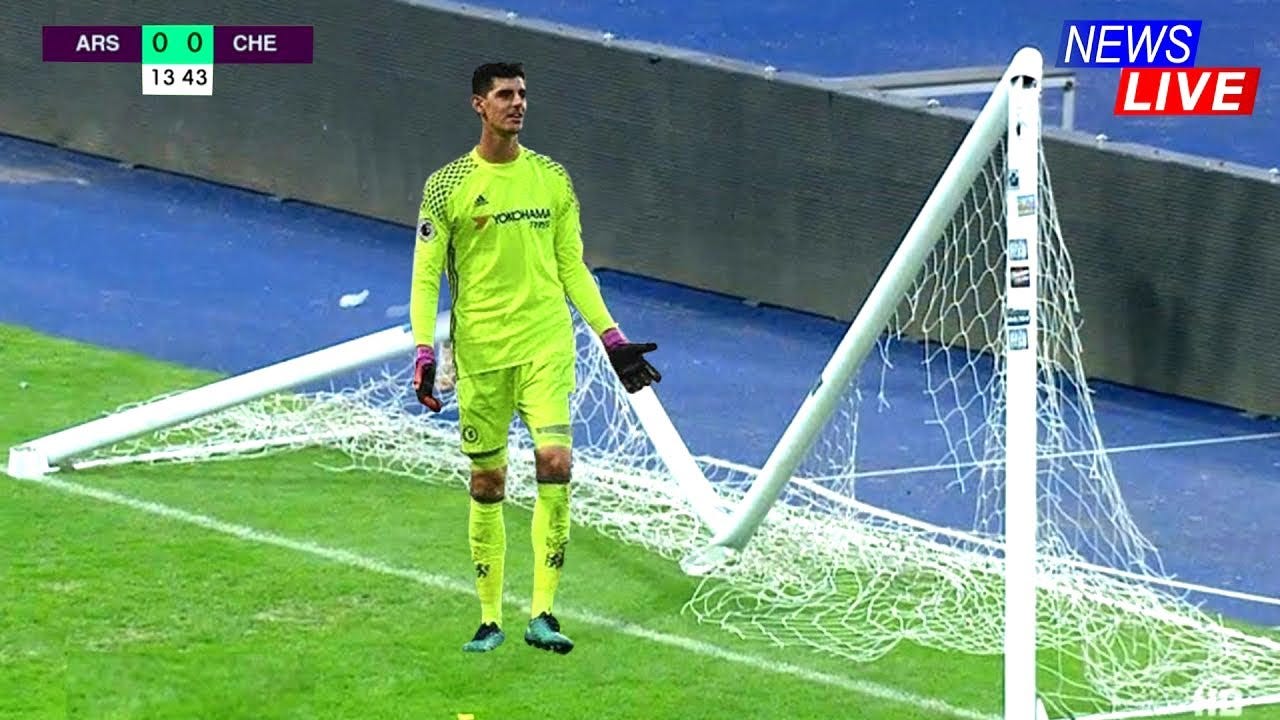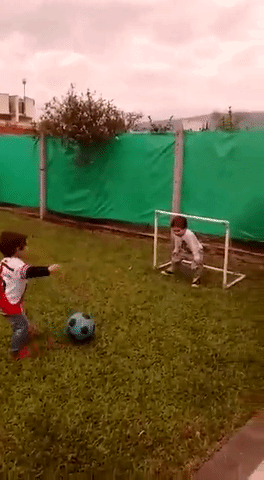Episode 2: I Think Therefore I Am?
Billie Eilish, Descartes, and now, Ananya Bala, all have their takes on this clichéd phrase.
My Mind Plays Soccer (Football) Too!
THE EURO CUP IS THIS MONTH. I couldn’t miss an opportunity to use soccer (football) references in this article.
Side Note: When did I become the person that uses the word soccer (football)? Is this my way of subconsciously rejecting the British colonialism Indians were subjected to decades ago?
Side Side Note: Please message me if you love watching soccer (football), we have plans to make for this upcoming Euro Cup. Seriously. I’m not joking, please do.
I Think Blah, Therefore I Am Blah? 🤔
While Descartes famously said ‘I think therefore I am’, I (not so famously) use similar versions of this phrase when it comes to perceiving the world around me.
Usually, I use them when I’m going through a negative thought spiral. For e.g.
“I think I could have spent more time on this, therefore I’m not hardworking”
So.. when I’m in a negative headspace, I tend to internalize and believe the thoughts I experience are qualities I possess. For example, I think that I wasn’t working hard enough, and then soon after, attribute it to be a quality of mine where “Ananya isn’t a hard worker”.
Me Building Up A Defence
We’ve all watched enough sports matches to understand a good one from a bad one. It’s never enjoyable to watch a game where one team dominates the other in points, nor is it enjoyable if teams play with bad attitudes and don’t display good sportsmanship. I’d like to think that the way I handle my mind is quite similar. I might not always be able to successfully protect myself against vicious or negative thoughts, but I can at least try my level best and display good sportsmanship.
Here are two ways I’ve displayed good sportsmanship in the past, and in the process, deflected some bad thoughts.
Note — A lot of the ideas I have for this newsletter are around being really open, honest and vulnerable around my insecurities, and that’s my first and foremost goal. When I do discuss how I’ve grown, or learnt to tackle a difficult experience/habit, it’s done with the intention of connecting with all of you, as opposed to teaching or telling you what you should do!
Defence Strategy 1
Understanding The Difference Between Events & Thoughts

Why is it that different people react to the same situations in different ways? Why is it that some people can laugh it off when they’ve spilled chocolate ice cream on their white top (not speaking from personal experience what so ever), and others turn bright red and rush back home (THIS WAS ME)? Our interpretation to events is what causes us to emote a certain way, as opposed to the event itself.
If my manager tells me that I could be better at communicating decisions to the team, I could either think:
Thought 1 - “Looks like I haven’t been doing a great job at communicating effectively, I should make sure to do this as it’ll make me better at my job than I already am.”
or,
Thought 2 - “Why couldn’t I have been better at communication?! It’s such a simple thing to do and I failed at doing it. I suck."
Ultimately, the way I choose to perceive the situation has a big impact on how I feel about the situation. While I can’t control an event, I can choose how to respond to it. And that response can either be positive, or negative.
Being able to acknowledge negative thoughts for exactly what they are — thoughts — has helped me put distance between me and my thinking, so that I can better shield myself from unnecessarily mean thoughts over time.
When it comes to negative self-talk, it’s easy to feel pretty down the longer you spend thinking them. And, it’s really hard to go from feeling a really negative emotion, like sadness, to feeling a really positive emotion, like happiness, in a matter of minutes. But being able to set up this distance for myself has allowed the swings to be less turbulent.
This actually comes from a CBT framework, so if you want to read more about how you can apply it, you can read it here.
Defence Strategy 2
Questioning My Assumptions
In the past week, a couple of people I know graduated from ivy league universities. And looking at their graduation pictures on Instagram made me feel… not so great. “They’re so much more accomplished than I am” I kept thinking — until I stopped and asked myself — why do I think this? and what am I assuming here?
When I broke this down, it looked something like this:
Assumption — Those that go to ivy league universities are more accomplished than those that do not go to ivy league universities.
Questioning My Assumption — Is this true? Do I believe this to be true? How do I define accomplishments?
Long story short - I realized that accomplishments can take many different forms. It could be graduating from an ivy league university. But it could also be being a supportive friend, stepping out of your comfort zone, facing a fear, and much more. I respect my peers who have graduated from ivy league universities - they deserve it, but I also know that someone’s win, is not my loss.
Asking why and thinking critically about the assumptions I make has given me the ability to deflect unhealthy thoughts, and be kinder and more compassionate to myself.
.. so what now?
Honestly I’ve realized that it’s incredibly difficult for me to be mindful of my successes and celebrate them, while it’s really easy for me to overthink and feel terrible about my mistakes or areas where I’m lacking. And it’s really painful to break down my experiences into thoughts and emotions, or relentlessly question my assumptions. But as many say it’s wise to start investing your money early, I really believe that investing in a good mindset compounds over time.
So to end this week’s newsletter, I’d love to know, what have been your biggest mental investments that have yielded the greatest returns? Let me know!
Havin’ Deep Thoughts Too?
Love What You See? 😍
About Bala Blabs
Bala Blabs is how I stay accountable to writing regularly. Writing is something I have loved doing since a very young age. One of the first things I got praised for was a horror poem that I modelled after Edgar Allan Poe's 'The Raven' at the age of 7.
I've been on the journey of creating a more fulfilling life for myself. And that includes creating, and a part of creating is writing and being able to express my ideas and thought.
I'd like to write and share ideas with you on everything I find interesting in topics like personal growth, art, hobbies, and much more. And I hope that as a subscriber, you'll benefit a little bit from reading my content. At the very least, you're supporting one person on their mission to realize their true vision for their life.








I enjoyed these thoughts!
A point to add based on my experience - these patterns of "unhelpful thinking" are built up as patterned responses to events over time. Probably years. They become persistent because they were not caught in the past and responded to, and end up just feeling like truths. This contributes to the feeling that these thoughts are actually facts, and that these stories are predictions, and more REAL or TRUE than our positive thoughts.
Cheers, B